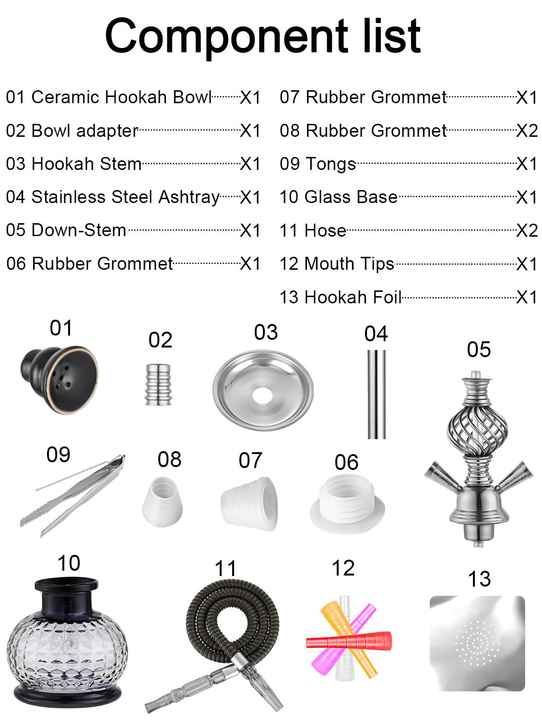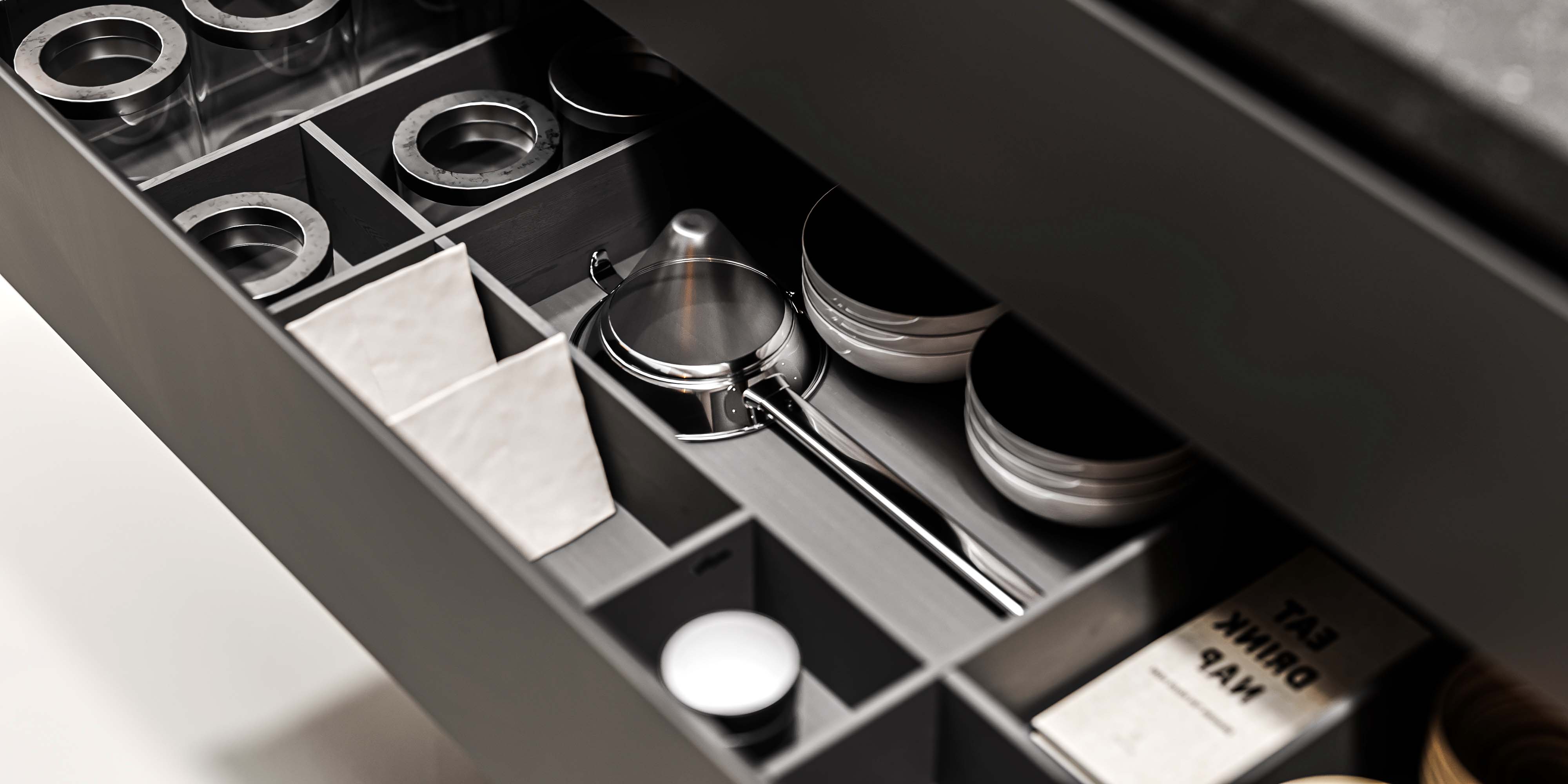Customizing Hardware Cases for Unique Applications
Unique applications often require unique hardware cases to protect and house the equipment used. Customizing hardware cases for these applications has numerous benefits, including protecting the equipment from damage, improving its functionality, and even adding a level of style and design to it. With the right customization, a hardware case can become more than just a container for equipment; it can become a representation of the application itself. From the materials used to the design and color scheme, everything can be tailored to match the unique needs of the application. This ensures that the equipment is not only protected but also presented in the best possible light, reflecting well on the application and its users.
In the world of hardware and software development, the role of a hardware case is crucial. It provides protection, organization, and accessibility for the internal components of a device. However, with the increasing complexity and diversity of electronic products, standard hardware cases often cannot meet the specific needs of users or manufacturers. This is where the concept of hardware case customization arises.
Hardware case customization, also known as "case modding" or "custom case building," refers to the process of modifying or designing a hardware case to fit a specific application or user requirement. This process involves a range of techniques and materials to create a unique and functional product that is tailored to the needs of its user.

One of the main benefits of hardware case customization is that it allows for the creation of truly unique devices. By utilizing 3D printing, CNC machining, or other advanced manufacturing techniques, designers can create shapes, designs, and features that are impossible to achieve with standard cases. This ensures that each customized case is a one-of-a-kind creation that captures the essence of its user's needs and preferences.
Another advantage of hardware case customization is its adaptability to changing requirements. As technology evolves and device specifications change, standard cases become obsolete or no longer meet the needs of users. In such scenarios, customizing hardware cases allows for easy adaptability to new standards and requirements without having to replace the entire device. This significantly extends the lifespan of a device and saves both time and cost.
Moreover, hardware case customization also provides manufacturers with a competitive edge. By offering customized cases as part of their product line, manufacturers can differentiate their products from their competitors and create a unique selling proposition. This not only captures the attention of potential customers but also enhances brand recognition and customer loyalty.
However, despite these numerous advantages, hardware case customization is not without its challenges. One major challenge is the cost associated with creating customized cases. The process of designing, manufacturing, and testing customized cases can be expensive and time-consuming. This often makes it difficult for small businesses or individuals to justify the cost of customization.

Another challenge is the lack of standardization in the customization process. As there are no industry standards or regulations in place for hardware case customization, each manufacturer or designer may follow their own set of rules and practices. This leads to a lack of consistency and interoperability between customized cases from different sources, which can cause problems when trying to integrate them into larger systems or applications.
In conclusion, hardware case customization offers numerous benefits that can enhance the functionality, uniqueness, and adaptability of electronic products. However, it is essential to address the challenges associated with cost and standardization to ensure that hardware case customization remains a viable and sustainable option for manufacturers and users alike. By bridging these gaps, we can expect hardware case customization to continue evolving and playing a crucial role in the future of hardware development.
Articles related to the knowledge points of this article:
Customized Hardware Vocabulary
Customizing Jiangsu Hardware Oven for Baking
Title: Custom Processing and Printing of Metals Hardware Ink in Meizhou - An Experts Guide
Title: Crafting Custom Hardware Solutions for the Hainan Region



